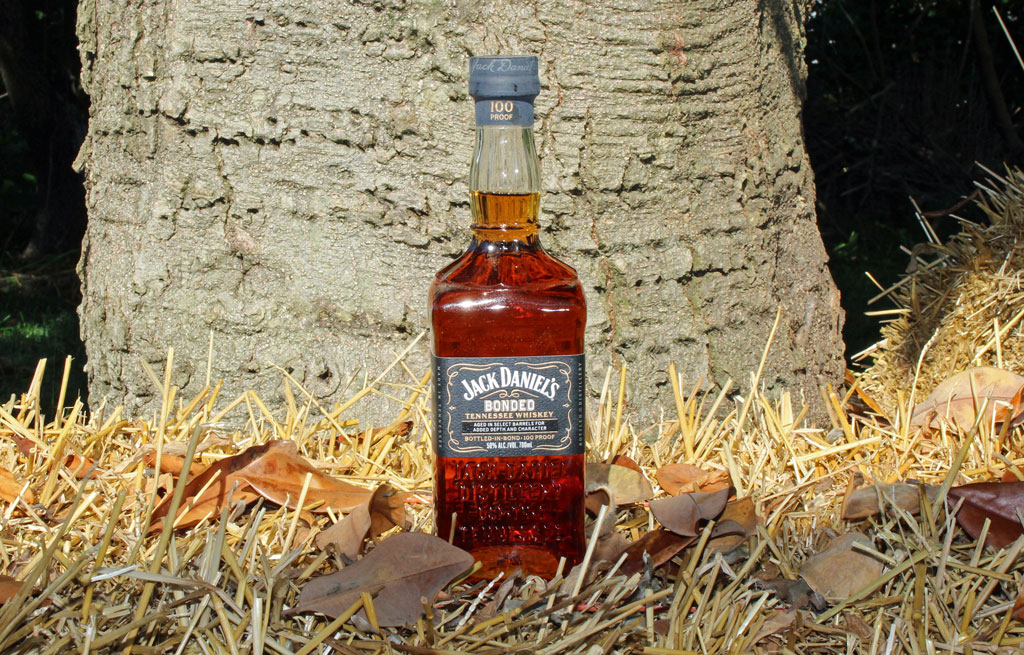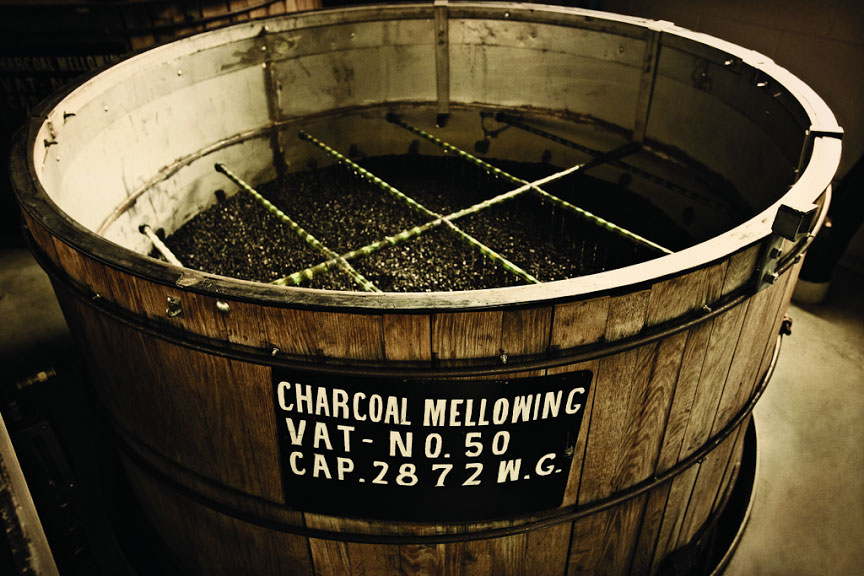If You Don’t Know Whiskey, Don’t Write About It
By Richard Thomas

If you are reading this, you are probably a whiskey fan, and if you are a whiskey fan like me, you enjoy seeing articles about whiskey appear in your favorite periodicals. Enjoy them, that is, until it becomes obvious that the author of the article knows next to nothing about whiskey.
This is not about small slip-ups or differences of opinion, such as when Alternet recommended Jack Daniel’s as an alternative to Maker’s Mark. When I write that the authors of many a whiskey article appearing in the mainstream media know nothing about whiskey, I’m referring to slipshod work that results in misleading the casual whiskey fan, or even worse, mistakes so egregious that even the casual whiskey fan can spot them from a mile away.
Take this article from Business Insider, which got most of its 18 facts either wrong or garbled into incomprehension, while the handful of things it got right were bland and uninformative. Or this recent piece from Slate, which on top of several glaring factual errors, also somehow managed to explore the issue of starting up a distillery without even once addressing small barrel aging, a widespread and much talked about practice commonly in use among start-up micro-distilleries today.
I suspect the problem comes from who these writers and editors are, as they are by and large holders of journalism degrees. One of the self-justifying fallacies taught in journalism school is that a good writer can produce a competent article about anything, given enough research. While true in theory, that notion breaks down quickly in the real world.
Take Katy Waldman’s aforementioned Slate article. While the numerous factual errors detailed in the December 11th corrections were sloppy, I suspect the reason small barrel aging was never raised in the article is because the author interviewed only John Hansell at Whisky Advocate and Hansa Bergwell at Maker’s Mark (I may be mistaken, but these are the only two sources thanked in her acknowledgements line). Although I can’t imagine why Hansell wouldn’t mention small barrel aging, Maker’s Mark doesn’t use small barrels, so obviously they wouldn’t bring them up.
Ultimately, either small barrel aging never came up in Waldman’s research, or it did come up and she was too ignorant to evaluate its importance. What is clear is that no one involved with the article had the knowledge to either fact-check it or provide editorial guidance for it, resulting in a piece ripped to shreds by its more knowledgeable body of readers.
Looking at the comments these subpar and amateurish works collect, the consensus from whiskey fans is clear: if a website, newspaper or magazine wants to do a feature about whiskey, they should hire someone who knows whiskey to write it. Most of these publications would never dare give a wine article to someone who couldn’t tell you the differences between merlot and claret, yet they consistently give whiskey the short shrift, and it shows in the embarrassing work they produce.





